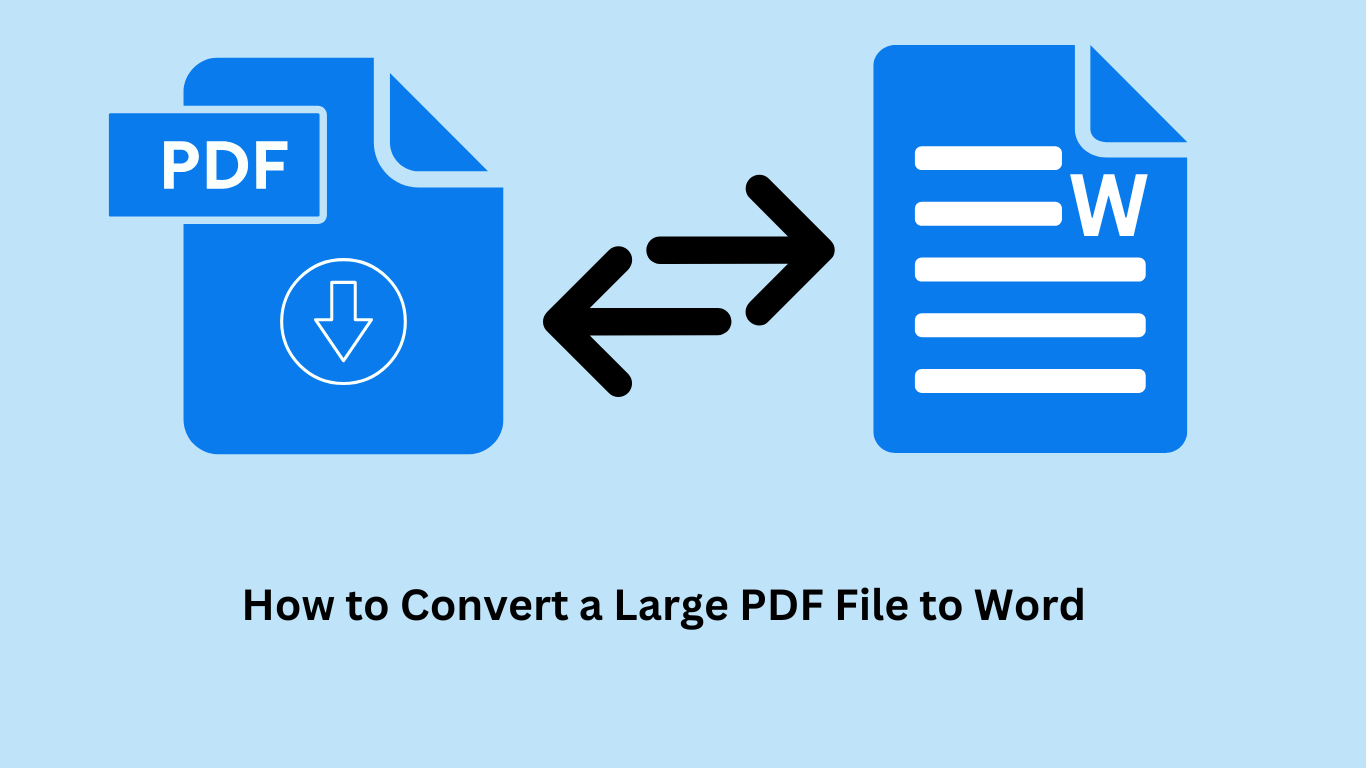Details of a Text to HTML Editor:
- Input: These editors typically accept plain text or Markdown input. Markdown is a simple markup language that is both easy to write and read.
- Conversion: The editor analyzes the input text and transforms it into HTML code, recognizing Markdown syntax and other formatting patterns in plain text.
- WYSIWYG Mode: Some Text to HTML editors offer a "What You See Is What You Get" (WYSIWYG) mode, allowing users to preview the HTML output in real time as they type.
- HTML Output: The editor generates clean and well-structured HTML code, including headings, paragraphs, lists, links, images, and other essential HTML elements.
- Customization: Users can often customize the output HTML by specifying classes, IDs, and other attributes to style and format the content according to their preferences.
Benefits of Using a Text to HTML Editor:
- Simplicity: Users don't need advanced knowledge of HTML to create web content. They can focus on writing plain text or Markdown, which is easier for them to understand.
- Time-saving: Manual conversion of plain text into HTML can be time-consuming, especially for larger documents. Text-to-HTML editors automate this process, saving valuable time and effort.
- Consistency: These editors ensure that the generated HTML code follows consistent formatting and structure guidelines throughout the content creation process, reducing errors and maintaining a unified look across websites.
- Accessibility: Well-structured HTML is more accessible to individuals with disabilities, and Text HTML editors help ensure that the created content adheres to accessibility standards.
- Collaboration: Multiple users, even those without technical expertise in HTML, can collaborate on web content creation using Text to HTML editors.
- Error Prevention: The automatic conversion feature of these editors minimizes the risk of syntax errors and broken HTML tags in the final content.
- Markdown Support: Many Text-to-HTML editors support Markdown, making it convenient for users familiar with Markdown to transition into web content creation seamlessly.
- Focus on Content: Users can concentrate on producing high-quality content without getting caught up in the intricacies of HTML code.
- Speed: Text can be rapidly converted into HTML using these editors, making them suitable for blogs, documentation, and other web-based content creation purposes.
- Cross-Platform: These editors are often available as web-based tools or desktop applications, enabling users to work on different platforms at their convenience.
In conclusion, Text to HTML editors simplify the process of creating web content by making it more accessible to a broader range of users while ensuring consistent and well-structured HTML output. These tools are highly valuable for bloggers, content creators, and web developers who aim to streamline their content creation process.



.webp)



























































































































































































































































































































































































.png)













































.jpeg)





















































































































































































